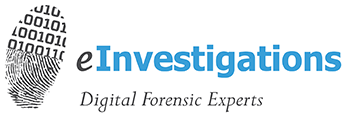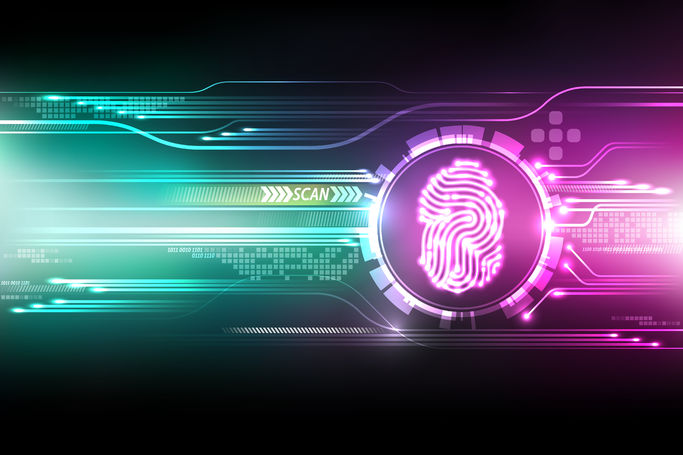The Legality of Computer Forensics
In a field that is seeing exponential growth, it’s incredibly important for experts to stay up-to-date on the legality of computer forensics. There are several matters at play here. The courts are quickly passing new laws that limit or change the access that computer forensics can legally obtain. The easiest way to stay abreast of these rapidly changing laws is to check the United States Department of Justice’s Cyber Crime website. If you’re a business owner or independent contractor, though, these terms might need deciphering. Our experts are trained at deconstructing these new laws and making sure that all computer forensics work is done safely, legally, and – as always – efficiently.
The Fourth Amendment.
This amendment protects against unlawful search and seizure, and not just physically. This comprises the digital world as well. Therefore, experts must navigate computer forensics smartly to avoid violating this law.
The Wiretap Act, The Pen Registers, Trap and Trace Devices Statute, and The Stored Wired and Electronic Communication Act.
Violating these acts is a federal felony punishable by fine and/or imprisonment. As such, it’s incredibly important to not commit any actions that fall under these acts, such as wiretapping or tracing devices.
Hearsay, Authentication, Reliability, and Best Evidence.
When collecting evidence, it’s imperative to stay knowledgeable about what evidence is admissible in court. (And what a judge would throw out.) If an investigator obtains evidence in a questionable or illegal way, it won’t stand up in court. Luckily, e-investigators are extremely knowledgeable in the court of law and know which methods are admissible in obtaining information.
At e-Investigations, we know the importance of the legality of computer forensics. Thus, we pride ourselves on using legal and court-approved methods for all of our processes.

